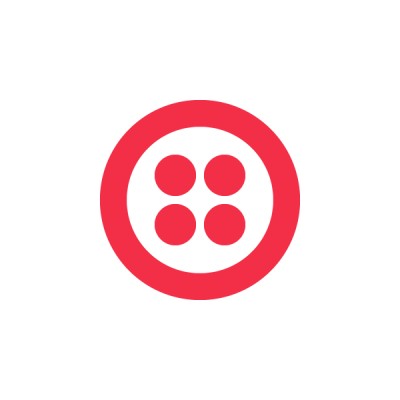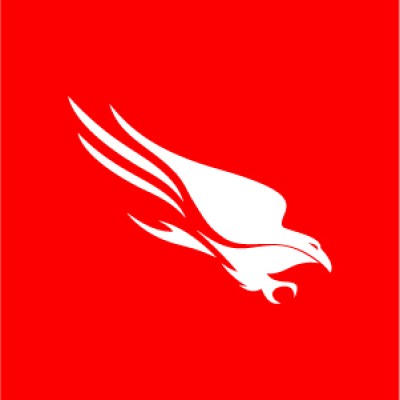Building a Salesforce Center of Excellence
Whether you are a Startup or Enterprise, we help you learn how world-class companies are scaling their internal Salesforce teams.
What is a Salesforce Center of Excellence?
A Salesforce CoE is a centralized division within your company that oversees and manages all aspects of the Salesforce instance, including projects, maintenance, and support.
This group has direct relationships with stakeholders throughout the company - Sales, Marketing, Finance, Support etc - and funnels all decision making and product strategy through the Center of Excellence as a centralized governing body.The CoE will often follow a framework similar to Plan-Build-Run.
They are responsible for advising stakeholders and synthesizing business insights into a roadmap of technical solutions (Plan); delivering new features and executing on the roadmap (Build); and supporting the day-to-day needs of all users within the organization (Run).
Why do you need a CoE?
CoEs are an essential component to operational efficiency in how you manage Salesforce and your broader ecosystem of internal tools.
The alternative would be for each individual business unit or stakeholder to manage the support and strategy for their respective technology stack, which leads to both inefficient and ineffective resource allocation.
Without a Center of Excellence, the Salesforce decisions being made in the Sales org would be completely detached from decisions being made in the Support org, which creates challenges that compound as the business grows and leaves no one individual in charge of risk management.
Salesforce Team Structure in a Center of Excellence
Each role within the Salesforce ecosystem plays a unique and complementary role in the success of Salesforce teams and the ROI it brings to its organization. It’s important to differentiate between all Salesforce roles, but Admin is particularly important because it tends to have expanded responsibilities in different types of teams.
Function
Leadership
Role Overview
Product Vision
People Management
Feature & Functionality Design
Integration Strategy
Advisor to Stakeholders
Requirements Gathering
Documentation & Technical Specs
Support Desk
Configuration Level Build
Code Level Build
Custom App Development
How to Start Building a Salesforce CoE
The term CoE is typically only used when you reach Enterprise Salesforce instances with a user base of 2,000+; however, even the smallest Salesforce implementation should have a dedicated internal team focused on it day-to-day.
An in-house Salesforce team that is only 3 members is still essentially a Center of Excellence. You want to think in these terms as soon as you select Salesforce and even before you begin implementing the tool.
How will you train and support users after go-live?
How will you receive feedback and proactively take requests on how to improve the tool?
What is the decision making hierarchy internally as you figure out resource allocation and new feature development?
Most importantly, what kind of budget are you allocating toward full-time Salesforce hires and how are you approaching org design.
Salesforce CoE Best Practices
Below, we analyze how companies like Uber, DoorDash, Michelin, Zoom, and others are building their CoE. No team looks like the same.
A CoE needs to be designed specifically to meet the needs of your organization and while there are some best practices to follow in terms of governance, structure, and resource allocation, it's unique to you.
The Salesforce journey starts post-implementation but requires an ongoing assessment.
A grey palette is implemented for text and various elements to delineate between primary and secondary content. These tones are meticulously selected to infuse vibrancy into the design, so we don't recommend you to change them.

Twilio
A globally distributed Salesforce team of 65+ with over half offshore.

CrowdStrike
Between Jan '22 and Oct '23, the Salesforce team exploded from 17 people to 65+ today.

MongoDB
A global Salesforce team of 50+ people supporting 1,500 Reps in 20 countries.

Samsara
A Salesforce Org of 40+ people in the early stages of scaling a global team.

Atlassian
A unique structure consisting of 15 Engineers, 10 Product Owners, and only 3 Admins for 2,500+ users.

Cloudflare
A balanced Salesforce team of 35 people spanning 6 countries and supporting 1,200+ users.

Discuss Building Your Salesforce Center of Excellence
Backed by insights from hundreds of Salesforce Orgs.
How FoundHQ Can Help
We have worked with hundreds of companies ranging from early-stage startups just beginning to think about an internal Salesforce team up to publicly-traded orgs with 50+ Salesforce practitioners internally.
Through our network of 8,000+ Salesforce Consultants, we help customers identify the correct CoE Advisor to diagnose the unique needs of their organization and map out how to allocate internal resources, leverage external Consultants, and construct a project methodology that transforms the CoE into an innovation hub that can drive organizational change through Salesforce.
Is a Salesforce CoE only for Enterprises?
Absolutely not.
While the term Center of Excellence most commonly refers to Enterprise companies, it really refers to the organizational structure in place for your Salesforce team.
In the early days of a company, it's common for individual business units to own their respective tools - Revenue Operations owns GTM Systems, Marketing owns Marketing Applications, Support owns Call Center etc. But as the business matures, you must move toward a more centralized model.
Implementing a centralized Business Systems structure means consolidating all Internal Tools under a single, unified team - a Center of Excellence.
And whether that CoE has 100+ people or is a team of 10 managing Sales, Marketing, Support, Finance, and Legal applications, it's important to understand the structure needed to succeed. This is true for every stage of growth.


Get Matched to the Right Salesforce Consultant
FoundHQ is the easiest way to get work done in Salesforce.
